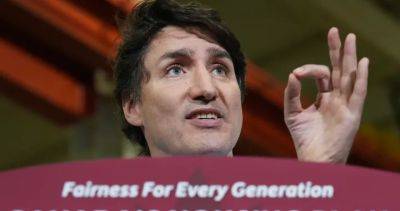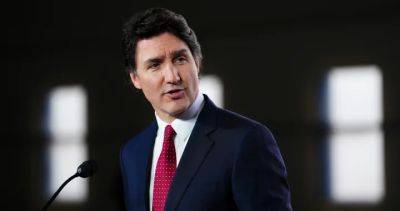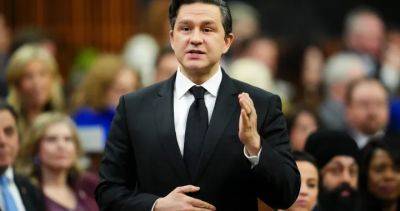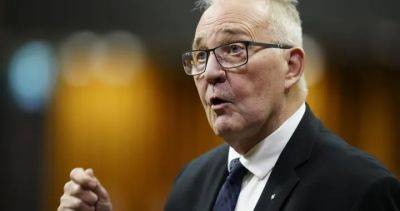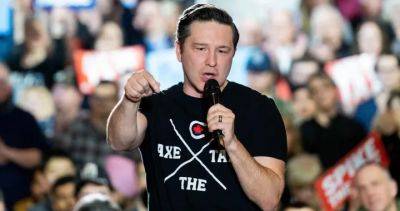On carbon price, industrial policy does reduction ‘heavy lifting’: study
The carbon price on consumer fuel like gasoline is drawing much of the attention ahead of the annual April 1 increase, to the point the opposition Conservatives called an ultimately unsuccessful non-confidence vote on the matter.
But a new study from the Canadian Climate Institute (CCI) suggests it contributes about eight to 14 per cent of Canada’s emission reductions, while the industrial policies, called large-emitter trading systems (LETS), can be credited with 20 to 48 per cent of the emission cuts.
“We’re in a strange position in Canada where most of the political debate has been focused on this aspect of carbon pricing, the consumer carbon price, the fuel charge,” Canadian Climate Institute president Rick Smith told The West Block host Mercedes Stephenson.
“We think the industrial carbon price deserves more focus in the public debate.”
The federal minimum carbon price is set to increase from $65 per tonne to $80 on April 1. For a litre of gasoline, this increases the fuel charge from $0.14 to almost $0.18.
The federal fuel charge is in place in Alberta, Saskatchewan, Manitoba, Ontario, New Brunswick, Nova Scotia, Newfoundland and Labrador, Prince Edward Island, the Yukon and Nunavut.
However, the industrial carbon price only applies in Manitoba, the Yukon and Nunavut as the other jurisdictions have their own LETS system that incorporates the federal backstop.
British Columbia, Quebec and the Northwest Territories have their own commercial and industrial fuel charges that meet the federal backstop.
Much of the debate, propelled by Conservative Leader Pierre Poilievre hosting rallies to “axe the tax” and “spike the hike,” is centred around the fuel charge.
In the CCI report, they found that LETS is the biggest driver in


